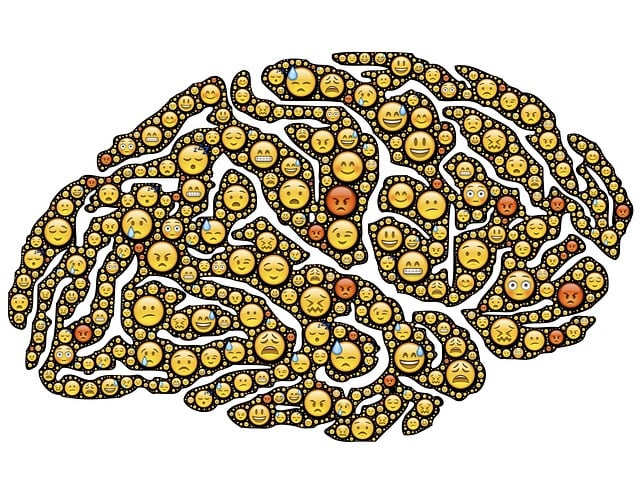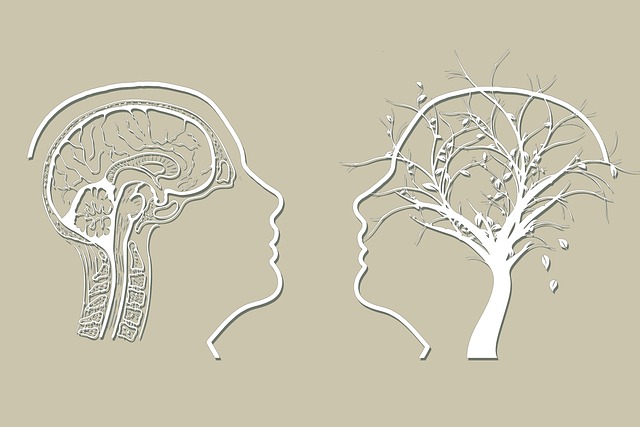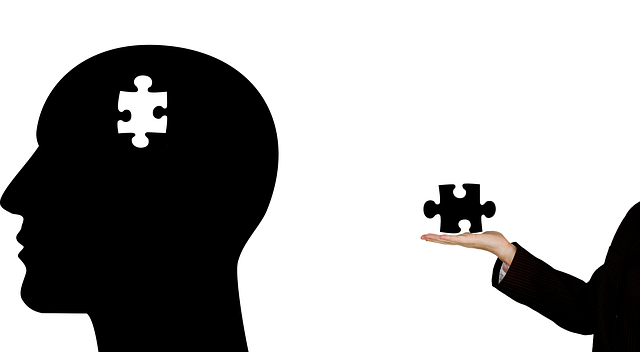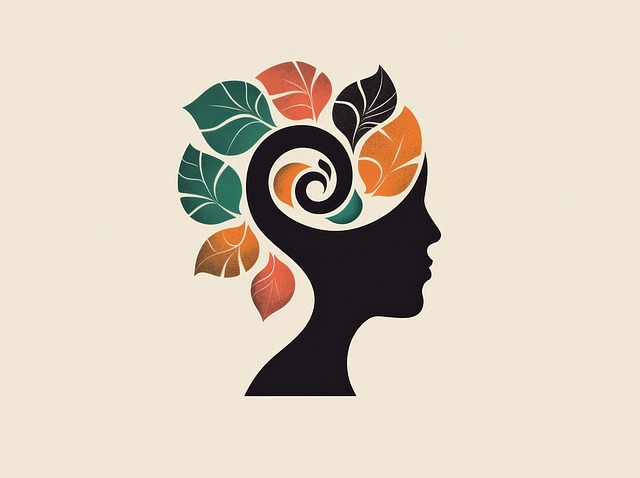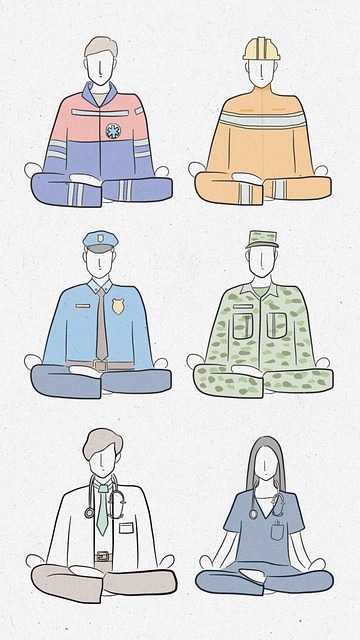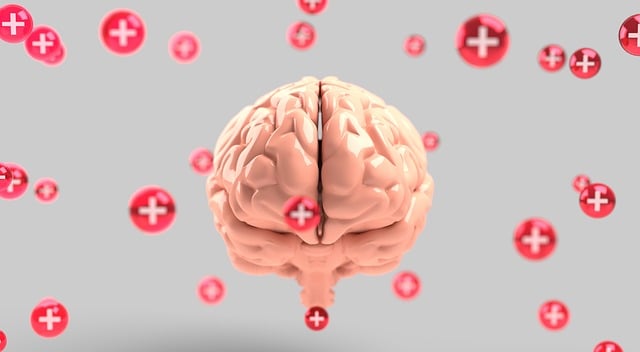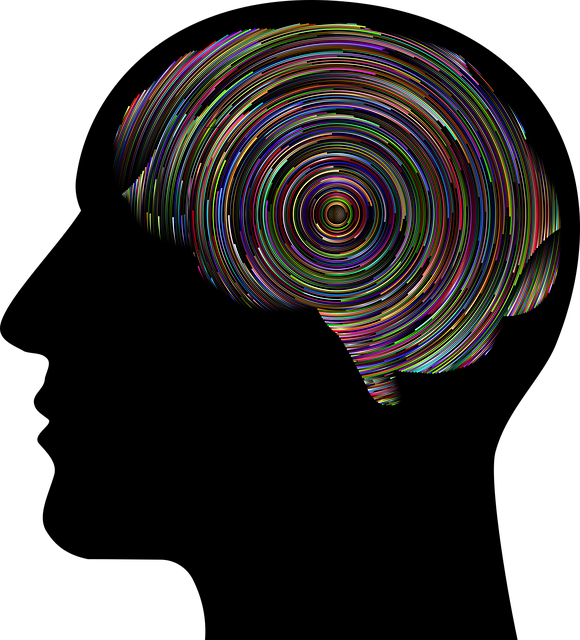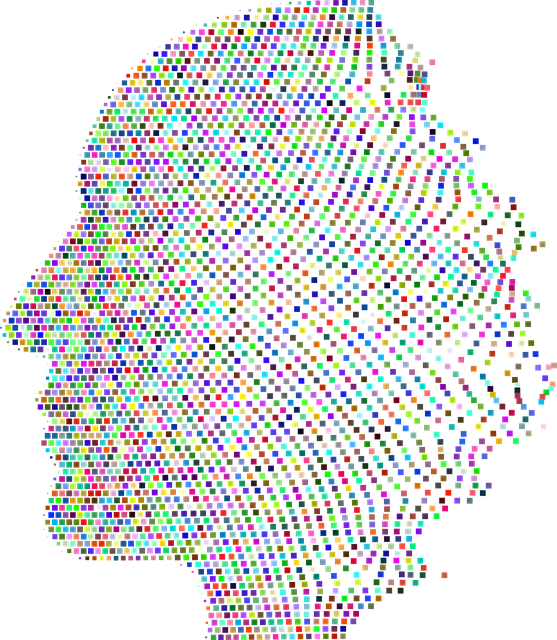Mental wellness, a holistic concept encompassing emotional, psychological, and social well-being, is assessed through self-tools that aid professionals in Castle Rock Spiritual-Religious Issues therapy. This approach enhances risk assessment, client engagement, and treatment outcomes by addressing unique spiritual or religious challenges. Public awareness campaigns and healthcare provider training normalize conversations around these issues, ensuring sensitive and accessible therapeutic interventions for diverse belief systems. Effective self-assessment tools are developed collaboratively through data-driven processes, integrating psychology, sociology, and religion expertise. Once implemented, therapists use these tools to personalize treatments, considering unique needs, while continuous feedback ensures their effectiveness.
Mental wellness self-assessment tools play a pivotal role in understanding individual well-being. This article explores the development of such tools with a unique focus on integrating Castle Rock Spiritual-Religious Issues into therapy. We delve into the significance of these considerations, offering insights on effective development, implementation, and evaluation strategies. By addressing both mental health and spiritual dimensions, these assessments enhance therapeutic interventions, promoting holistic well-being.
- Understanding Mental Wellness and Self-Assessment Tools
- Integrating Castle Rock Spiritual-Religious Issues into Therapy
- Development, Implementation, and Evaluation of Effective Tools
Understanding Mental Wellness and Self-Assessment Tools

Mental wellness encompasses a person’s emotional, psychological, and social well-being—a holistic state that influences how individuals think, feel, and act. It involves managing stress, understanding one’s emotions, and maintaining healthy relationships. Recognizing the significance of mental health is pivotal in today’s fast-paced world, where Castle Rock spiritual-religious issues and therapy play a crucial role in addressing diverse mental wellness concerns.
Self-assessment tools serve as valuable aids for individuals to evaluate their mental health status. These tools provide a structured approach to understanding one’s thoughts, feelings, and behaviors, enabling early detection of potential issues. For mental health professionals, incorporating self-assessment in therapy sessions enhances the risk assessment process, facilitates client engagement, and improves treatment outcomes. By encouraging open communication, these tools also support the development of effective communication strategies tailored to each individual’s unique needs, ultimately leading to successful stress reduction methods.
Integrating Castle Rock Spiritual-Religious Issues into Therapy

Incorporating Castle Rock Spiritual-Religious Issues into therapy sessions can significantly enhance self-assessment and treatment outcomes. Many individuals hold spiritual or religious beliefs that deeply influence their perceptions, values, and coping mechanisms. Recognizing this aspect of a client’s identity allows therapists to provide more tailored care. By integrating Castle Rock Spiritual-Religious Issues Therapy, professionals can facilitate a deeper level of Self-Awareness Exercises, encouraging clients to explore how their spiritual or religious beliefs impact their mental wellness. This approach not only respects individual agency but also opens avenues for addressing unique challenges that may be overlooked in secular therapy settings.
Furthermore, Public Awareness Campaigns Development and Healthcare Provider Cultural Competency Training can play a pivotal role in normalizing conversations around Castle Rock Spiritual-Religious Issues. Educating both the public and healthcare providers about the intersection of spirituality and mental health fosters an environment where individuals feel comfortable discussing these matters. This cultural competency ensures that therapeutic interventions are sensitive to diverse belief systems, making them more accessible and effective for all clients, regardless of their spiritual or religious affiliations.
Development, Implementation, and Evaluation of Effective Tools

The development of effective mental wellness self-assessment tools is a multifaceted process that involves careful consideration and expert input. It begins with identifying core areas of concern, such as Castle Rock spiritual-religious issues, which can significantly impact an individual’s overall well-being. Researchers and therapists collaborate to design assessments that are not only comprehensive but also user-friendly and culturally sensitive. This stage includes reviewing existing literature, consulting with professionals in various fields like psychology, sociology, and religion, and incorporating feedback from potential users to create valid and reliable instruments.
Once developed, these tools need strategic implementation within therapeutic settings or as part of self-help programs. For instance, a well-designed assessment can aid therapists in tailoring therapy sessions for individuals dealing with Castle Rock spiritual-religious issues, integrating techniques like mood management, social skills training, and confidence boosting to suit diverse needs. Regular evaluation is crucial to ensure the tools remain effective and relevant. Feedback from users and professionals should be continuously collected and analyzed to refine and improve the assessments, ensuring they align with current research and best practices in mental wellness support.
The development of mental wellness self-assessment tools, as discussed in this article, is a multifaceted process that integrates various therapeutic approaches, including Castle Rock Spiritual-Religious Issues Therapy. By understanding the nuances of mental wellness and leveraging evidence-based methods, these tools can significantly enhance individual assessments and improve overall well-being. Effective implementation and evaluation are key to ensuring these resources meet the diverse needs of those seeking support, ultimately fostering a more holistic and inclusive approach to therapy.
